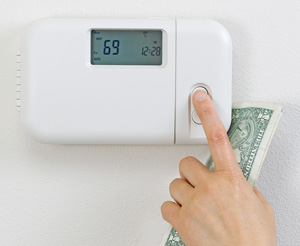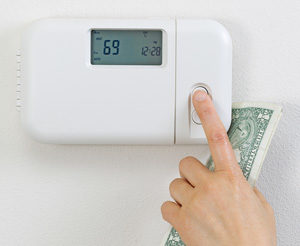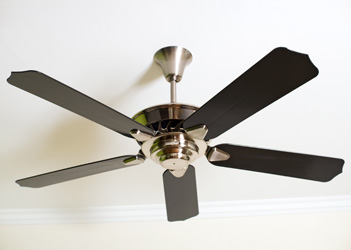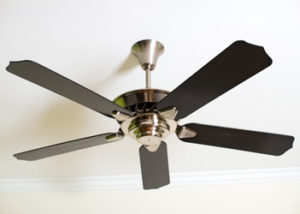
 Insulation is the most practical and cost-effective way to make a house more energy efficient. Insulation keeps a home cool during summer and warm during winter. Insulating and air sealing can lower annual energy bills by up to 10 percent.
Insulation is the most practical and cost-effective way to make a house more energy efficient. Insulation keeps a home cool during summer and warm during winter. Insulating and air sealing can lower annual energy bills by up to 10 percent.
Insulating and air sealing can save energy throughout your home. Here’s how:
Attic Insulation
Air naturally moves upward through your house from ground to sky. As this happens, conditioned air is drawn through the roof and out of the home. Increasing attic efficiency prevents air you’ve already paid to cool or heat from leaving your home.
Basement and Crawl Space Insulation
Today’s building science proves that what’s beneath your home affects the comfort inside your home. As your home naturally breathes, air is drawn up from the basement or crawl space and into the home’s interior. Therefore, the temperature and air quality in your crawl space or basement directly impacts your home’s comfort. Insulating and air sealing your basement or crawl space can improve your home’s comfort and help manage energy bills.
Air Sealing
A drafty home requires more energy to cool and heat. If your home has air leaks, interior air that’s been cooled or heated can escape through cracks and gaps around the building envelope. These air leaks also allow pollutants, moisture and pollen to enter your home. This impacts your family in many ways, in particular if you suffer from asthma or allergies, or have a family member who does.
Insulating and air sealing your home saves money on energy bills, keeps your home comfortable and can improve indoor air quality. To learn more about insulation and air sealing, contact our office to schedule an estimate.


 When thinking of poor air quality, many of us don’t think about the indoor air we breathe throughout the day. In fact, most of the exposure we have to pollutants in the air is from indoor air we breathe. Indoor air is anywhere from two to five times more polluted than outdoor air. Indoor air pollutants can come from outside air infiltration that isn’t properly ventilated, materials used in the manufacturing of home furnishings, cleaning products and more.
When thinking of poor air quality, many of us don’t think about the indoor air we breathe throughout the day. In fact, most of the exposure we have to pollutants in the air is from indoor air we breathe. Indoor air is anywhere from two to five times more polluted than outdoor air. Indoor air pollutants can come from outside air infiltration that isn’t properly ventilated, materials used in the manufacturing of home furnishings, cleaning products and more.
 High heat and humidity can take a toll on our homes and our energy bills. Don’t let high temps take the fun out of summer and money out of your wallet. Here are five easy ways to save energy (and money) this summer.
High heat and humidity can take a toll on our homes and our energy bills. Don’t let high temps take the fun out of summer and money out of your wallet. Here are five easy ways to save energy (and money) this summer.